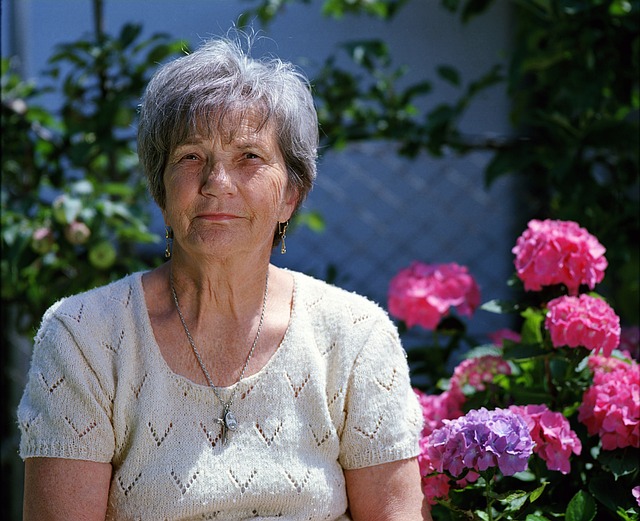Elderly Companion Services play a vital role in supporting seniors' well-being and independence. By understanding their unique needs, such as mobility issues, dietary restrictions, and emergency assistance, these services provide personalized solutions including door-to-door transport, specialized equipment, and comfortable environments. They foster social connections and enrich daily lives for the elderly, addressing challenges like physical limitations, vision and hearing impairments, and living arrangements to ensure safety, emotional support, and security.
The mobility and independence of elderly individuals present unique challenges. Factors like health, age, and living arrangements influence their transportation needs. Elderly companion services are crucial in addressing these demands. This article explores tailored solutions, from community transport programs to specialized geriatric services, and the role of technology. We also discuss ensuring safety, comfort, and accessibility, along with best practices for matching seniors with suitable providers, overcoming financial barriers, and policy interventions.
- Understanding the Needs of Elderly Individuals:
- – The unique challenges faced by seniors in maintaining mobility and independence
- – Factors influencing their transportation requirements (health, age, living arrangements)
Understanding the Needs of Elderly Individuals:

Understanding the needs of elderly individuals is a fundamental step in providing effective transportation services. Elderly companion services cater to their unique requirements, ensuring safety and comfort during travel. As people age, mobility issues may arise, impacting their independence and ability to access necessary services and social activities. These services offer personalized solutions, including door-to-door transport, assistance with luggage, and specialized equipment to accommodate any physical limitations.
By understanding the specific needs of seniors, transportation companies can create tailored experiences that promote their well-being and independence. This may include accommodating dietary restrictions, providing quiet and comfortable travel environments, and ensuring easy access to medical equipment or assistance during emergencies. Such considerate services contribute to an improved quality of life for the elderly, enabling them to maintain social connections and engage in activities that enrich their daily lives.
– The unique challenges faced by seniors in maintaining mobility and independence

Maintaining mobility and independence is a unique challenge for seniors as they age. Many elderly individuals face physical limitations that restrict their ability to get around, whether it’s due to reduced strength, flexibility, or balance. These challenges can lead to social isolation, limited access to essential services, and a decline in overall quality of life. For example, tasks that were once simple, like walking to the grocery store or visiting a friend, may become daunting and even impossible without proper support.
Elderly Companion Services play a vital role in addressing these challenges. These services provide companionship and assistance to seniors, enabling them to maintain their independence while ensuring their safety and well-being. Companions can help with daily activities, transportation needs, and even provide emotional support, fostering a sense of security and social connection for the elderly.
– Factors influencing their transportation requirements (health, age, living arrangements)

The transportation needs of the elderly are shaped by a multifaceted web of considerations. Health plays a pivotal role; mobility issues or chronic conditions may necessitate specialized Elderly Companion Services to ensure safe and accessible travel. Age-related factors, such as reduced vision or hearing, also influence their ability to navigate public transport independently. Living arrangements are another critical aspect: those living alone might require frequent transportation for medical appointments or social interactions, whereas assisted living facilities or retirement communities may organize group trips, easing the logistics for both residents and caregivers.
Understanding the needs of elderly individuals requires a tailored approach to transportation services. By considering health, age, and living arrangements, Elderly Companion Services can ensure seniors maintain their mobility and independence. These services not only facilitate daily commuting but also contribute to a better quality of life, fostering social connections and enhancing overall well-being.
